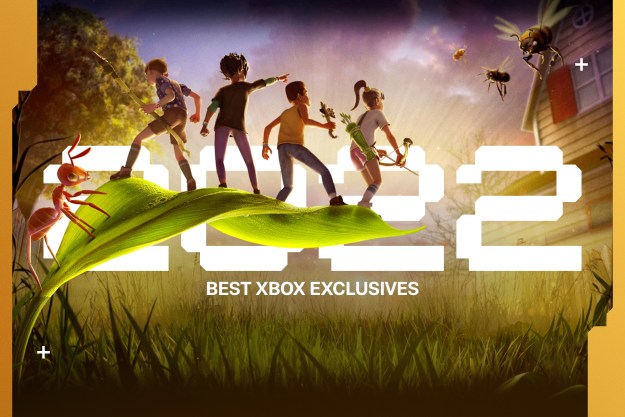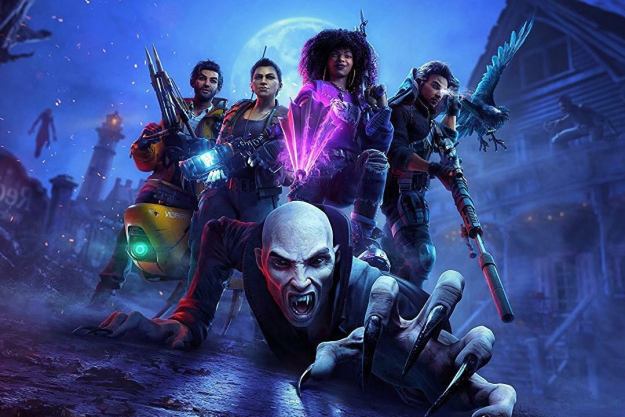Launching today on Windows 10 and Xbox One, Mixer offers game streaming without the delays found on platforms like Twitch and YouTube. With almost zero latency, players and viewers can engage more effectively, with comments and reactions synced more closely with the on-screen action.
This low latency also allows viewers to directly interact with games — something that games like Rise of the Tomb Raider have tried in the past.
“With Mixer, you can influence everything from quest selection to tools to movement, mixing it up with your favorite streamers to create a new kind of gaming experience. The Minecraft team is experimenting with the interactivity that Mixer offers as a possibility for official game integration,” said engineering lead Matt Salsamendi in the announcement.
One of the first major partners to make use of this interactivity is Telltale Games. Guardians of the Galaxy, The Walking Dead: A New Frontier, and Batman: The Telltale Series will make use of “crowd play” on Mixer to allow viewers to help make plot choices in real time.
Other features include co-streaming, which will allow up to four streamers to broadcast on the same page, and the 24/7 “Channel One,” which will broadcast the best of Mixer’s content. The “Mixer Create” mobile beta is also available now on iOS and Android, and it will soon allow for mobile game broadcasting and even co-streaming on the go.
Its first big event kicks off tonight at midnight ET with an interactive fireworks show. Viewers can choose which fireworks that Microsoft will send into the sky by spending their “sparks.” These can only be earned by watching other Mixer content.
Editors' Recommendations
- Xbox’s first stream of 2024 will include Bethesda’s Indiana Jones game
- Microsoft is making AI game-writing tools for Xbox with Inworld AI
- FTC v. Microsoft: 5 surprising revelations from the court hearing that you need to know
- Why cloud gaming is the linchpin in Microsoft’s troubled Activision Blizzard acqusition
- Microsoft pledges to bring Xbox PC games to Nvidia GeForce Now


